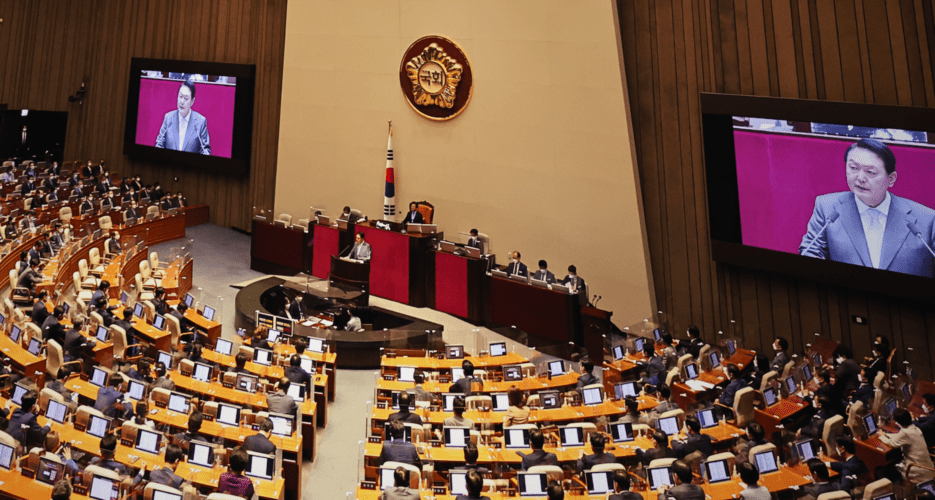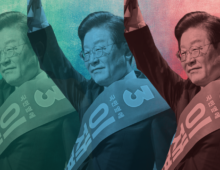Despite garnering over 1 million signatures, the move to impeach Yoon Suk-yeol faces significant challenges
An online petition demanding the impeachment of South Korean President Yoon Suk-yeol has garnered over 1.17 million signatures, sparking heated speculation about his removal from office. However, Korea Pro’s analysis of legal precedents and the National Assembly Act reveals that impeachment remains highly unlikely in the near future.
The main opposition Democratic Party (DP) quickly seized upon the petition’s popularity, vowing to bring the issue to actual parliamentary discussion and setting a goal of reaching 10 million petitioners.
An online petition demanding the impeachment of South Korean President Yoon Suk-yeol has garnered over 1.17 million signatures, sparking heated speculation about his removal from office. However, Korea Pro’s analysis of legal precedents and the National Assembly Act reveals that impeachment remains highly unlikely in the near future.
The main opposition Democratic Party (DP) quickly seized upon the petition’s popularity, vowing to bring the issue to actual parliamentary discussion and setting a goal of reaching 10 million petitioners.
Get your
KoreaPro
subscription today!
Unlock article access by becoming a KOREA PRO member today!
Unlock your access
to all our features.
Standard Annual plan includes:
-
Receive full archive access, full suite of newsletter products
-
Month in Review via email and the KOREA PRO website
-
Exclusive invites and priority access to member events
-
One year of access to NK News and NK News podcast
There are three plans available:
Lite, Standard and
Premium.
Explore which would be
the best one for you.
Explore membership options
© Korea Risk Group. All rights reserved.
No part of this content may be reproduced, distributed, or used for
commercial purposes without prior written permission from Korea Risk
Group.












